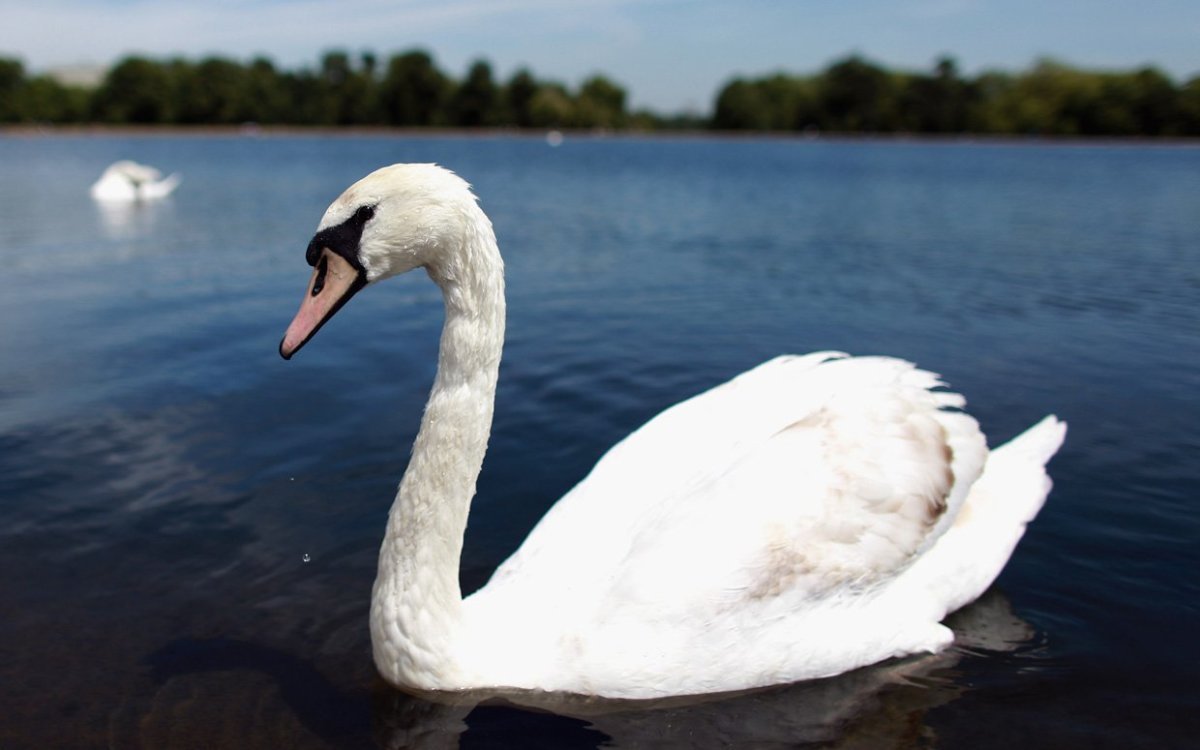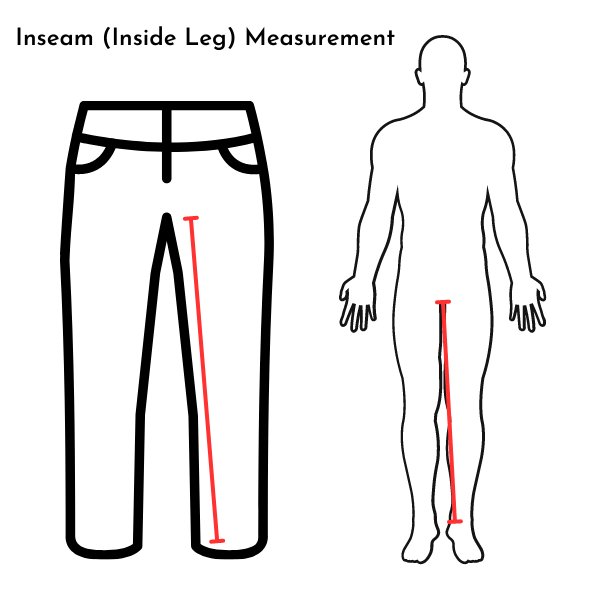Swans can cost anywhere from $200 to $10,000, depending on the species and seller. Breeding pairs are typically more expensive due to their potential for future offspring. Additional factors like age, health, and training can also influence the price. Understanding how much do swans cost is essential for those considering these elegant birds as pets or for their property. In this article, we delve into the world of swan ownership, exploring the various pricing factors and considerations to help you make an informed decision.
How Much Do Swans Cost: A Detailed Guide
Welcome, curious readers! Have you ever wondered about the cost of owning a swan? These majestic creatures are not your typical pet, and their beauty comes with a price tag. In this comprehensive guide, we will delve into the various factors that contribute to the cost of swans, from purchasing to care and maintenance. Let’s explore the world of swans and find out how much they truly cost.
1. Buying a Swan
When it comes to owning a swan, the first step is acquiring one. Swans are not commonly sold in pet stores, so you may need to explore specialized breeders or wildlife sanctuaries. The cost of purchasing a swan can vary depending on the species, age, and health condition.
On average, the price of a swan can range from a few hundred to a few thousand dollars. Rare species or those with specific genetic traits can cost even more. It’s essential to research reputable breeders and ensure that the swan you are buying is healthy and legally obtained.
2. Housing and Enclosure
Swans are waterfowl that require access to ponds or large bodies of water for swimming and foraging. Building a suitable enclosure for swans can be a significant investment. Expenses may include constructing a pond, fencing for protection, and shelter for nesting.
Additionally, maintaining the water quality in the pond and providing adequate food and shelter are ongoing costs to consider. Proper housing and enclosure are crucial for the well-being of your swans and can impact the overall cost of ownership.
3. Veterinary Care
Just like any other pet, swans require regular veterinary check-ups and medical care. Finding a veterinarian experienced in avian medicine is essential for the health of your swans. Veterinary costs for swans can include routine vaccinations, parasite control, and emergency treatments.
It’s crucial to factor in veterinary expenses when budgeting for swan ownership. Unexpected medical issues can arise, so having a financial plan in place for veterinary care is essential.
4. Feeding and Nutrition
Swans are herbivores and primarily feed on aquatic plants, grass, and grains. Providing a balanced diet is essential for the health and well-being of your swans. The cost of feeding swans can vary depending on the availability of natural food sources and the need for supplemental feeds.
Consider budgeting for high-quality swan feed to ensure that your feathered friends receive the necessary nutrients. Additionally, providing clean water for drinking and bathing is vital for maintaining the health of your swans.
5. Licensing and Legal Requirements
Before bringing swans into your care, it’s crucial to understand the legal requirements and regulations related to ownership. Depending on your location, you may need permits or licenses to keep swans. Violating wildlife laws can result in fines or other legal consequences.
Research the specific regulations in your area regarding swan ownership and ensure that you comply with all legal requirements. Factor in any associated costs, such as permit fees, when considering the overall cost of owning swans.
6. Conclusion
In conclusion, the cost of owning swans goes beyond the initial purchase price. From buying a swan to providing proper housing, veterinary care, nutrition, and meeting legal requirements, owning swans requires a significant financial commitment. Before deciding to bring these graceful birds into your life, it’s essential to carefully consider the costs involved and ensure that you can provide the necessary care and resources.
Remember, owning swans is a responsibility that requires dedication, time, and financial investment. By understanding the costs associated with swan ownership, you can make an informed decision and provide the best possible care for these enchanting creatures.
keeping swans as pets | raising swans for profit | how much do swans cost | what do swans eat
Frequently Asked Questions
What factors influence the cost of purchasing a swan?
The cost of a swan can vary depending on factors such as the species of swan, age, health, location, and whether you are purchasing from a breeder or a wildlife sanctuary.
Do swans require special care that may affect their overall cost?
Yes, swans require specific care like proper habitat, nutrition, and veterinary care. These additional expenses can impact the total cost of owning a swan.
Are there ongoing expenses associated with owning a swan?
Absolutely, ongoing expenses for swans include food, shelter maintenance, veterinary care, and potential permits or licenses. It’s essential to consider these costs when thinking about owning a swan.
Final Thoughts
In conclusion, the cost of swans can vary depending on various factors such as breed, age, and health. Prices can range from a few hundred dollars to several thousand dollars for a single swan. It’s essential to consider ongoing care expenses when deciding to purchase a swan. So, before you dive into owning one of these majestic birds, research thoroughly to know how much do swans cost.




